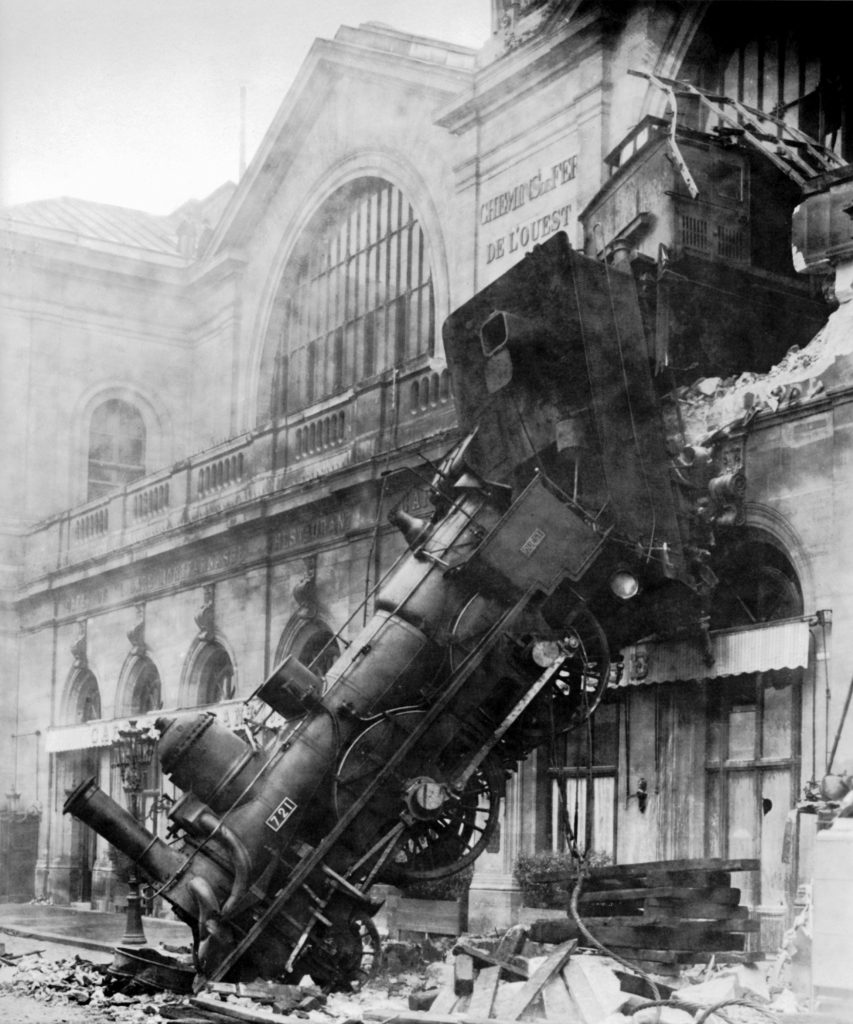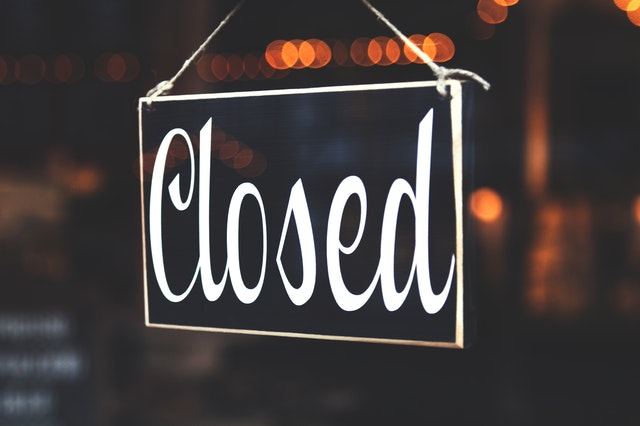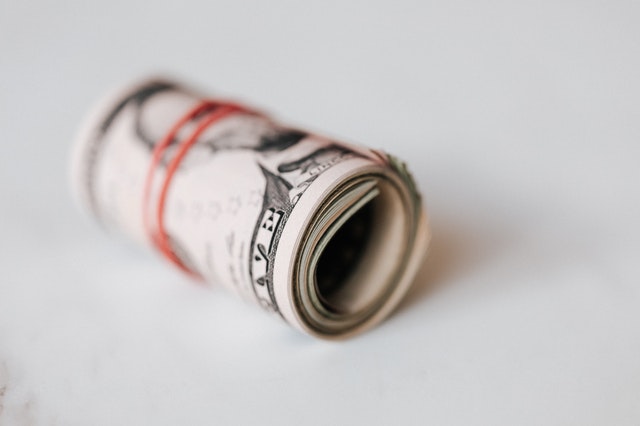It goes without saying 2020 has been one hell of a year. Like many out there its taught me a few hard lessons and perhaps changed my strategies for the long term, while also testing and re-enforcing some beliefs I had developed prior to this whole “experience”.
Having stayed with the quarantine path for 9 or 10 months now (feels like groundhog day, but whose counting anyway?) combined with a drastic decline in personal human interaction – I fully acknowledge my mentality is airing on the side of bitterness and disgust for all that’s been going on, but Ill type away on what I have seen the past 12 months – Perhaps others will agree or disagree. At the very least, it gets some thoughts off my chest, which is perhaps a good thing.
First Lesson Learned – When the shit hits the fan, you are on your own. Plan accordingly.

This was an observation made across the financial spectrum. For instance, if you were able to qualify for any of the stimulus checks in the US, you likely got screwed. This is because the check implies your income is below a certain amount and that you were hit financially by this unexpected crisis. As of this writing a single round of checks was sent, and congress is still arguing over the amount for the second. If passed, the combined amount from both was likely enough to cover a month or two of rent, utilities, and daily cost of living. Your financial impact would likely span at least the full 9-10 months of 2020. So, I guess the rest was on you.
Or – Perhaps you were well entrenched into the debt-laden “American Dream” and earned a good income. Your feet were getting wet into some rentals you bought for the minimum down payment and provided you could maintain renters and your income for the next 30 years, they offered a second savings strategy that could ‘pay for itself’ in years to come.
Queue 2020, if your renters fell on hard times, they were allowed to stop paying rent – but you still had to foot the bill for the mortgage. Your income meant no “free money” from Uncle Sam and so now you are left holding the bag. Your way out if you need money now? The government graciously allowed you to borrow from your future by taking money out of a 401k – quite possibly the worst financial decision you could make considering this would be the equivalent of selling at the bottom of the market and taking away years of compounding growth.

I feel the most regret for business and restaurant owners. One of my first jobs was in a restaurant and I still have vivid memories of the hard work and disappointing days involved in working there. It only took one pain in the ass to ruin your whole night and some days it seemed like you couldn’t win at all. As an owner, finding good help is hard and pleasing a relentless onslaught of customers day after day is always a challenge. You expect that if times get tough you will have some warning, numbers will slowly go down month over month, profit margins get a bit tighter, but you can make changes to get through it. An emergency fund can help pay for big ticket items if they break or there is some natural disaster you have insurance to keep you afloat. But who expects to be completely shutdown for months at a time, having your income go directly to $0 and still have all the same recurring bills to pay? Notably rent, wages, and utilities?
The conditions for the federal loans were that if you used the money in a certain amount of time to pay for fixed expenses like salaries and rent you did not need to repay the money. But what happened when the extensions to the shutdown came? You got screwed if you spent it all up front because now there’s nothing left, and if you tried to stretch it out to last the year, you missed the spending deadline and now you go screwed with the bill and no income. Either way you needed a hell of a lot more money to stay afloat, or you needed to find a way to re-open to get income again and stem the bleeding.
Even my own company screwed people. The CEO made an announcement no layoffs for the first few months, then once that offer expired they let go nearly every single employee in one of our “high cost” centers, plus a select few at all the others. Granted, I’ve been around long enough to know this was coming regardless of Covid, if anything the pandemic simply sped up and existing plan. Big companies are always going to look for a way to lower costs and increase profits. So while it sucks now, when the next VP comes in and needs to prove their worth, they will cut things even lower. Adding insult to injury, the severance package offered to those let go was one of the lowest in our history, all remaining employees had their bonuses slashed, and volunteers were asked to take pay cuts. My hours have easily been increased 50% trying to cover the gaps left by those that left the company which has resulted in a bit of a mental decline and overall bad mood.
So in summary – My observation is that nobody is really looking out for you, so make sure you always look out for yourself. Its an unfortunate statement not necessarily in line with where we should be as a society, but I see it as a reality of life. Looking forward, I am already dreading what my taxes are going to look like when all of the bills come due from these half-assed financial mistakes, and am planning my exit strategy (FI) for when its my ass on the chopping block.
Second – Avoid debt to stay loose, and keep your options open.
This one is a belief that was cemented for me during the pandemic, but let me clarify my definition of debt. I keep zero consumer debt at all times, and recommend it regardless of if you are on the FI path or not. I have no recurring payments, no car loans or anything of the sort, even no credit cards – only Mortgages. Its part of the reason my savings rate is over 50% of my overall income. This plays two roles, one if I lost my job, my emergency fund could easily float me for 6 months or more and two, the higher your savings rate the sooner you can hit FI and choose your own path. Worst case, if my job disappeared I could still find something paying half of what I make now and can still maintain my current lifestyle.
For this lesson though, I instead want to focus on the mortgage debt. Some FI blogs talk about good vs bad debt and how leveraging to buy a house or rental property is a smart move – and I would agree to a point.
My first rental properties were purchased with 20% down as a way for me to get my feet wet and see how well I took to being a landlord. One theme that I saw in my colleagues, and was highlighted in various youtube get-rich-quick videos was as follows: Put down the absolute minimum to buy, get the property cash flow positive, (any $ amount, just as long as its positive) and immediately start saving or roll money into the next property using the minimum down payment strategy all over again.

If done properly, the ideal scenario would have you own a large number of rental properties that are all leveraged to the hilt, and allow you to scrape enough profit from the thin margins on each that the sheer number of properties combine to make a decent check at the end of the month. Factor in market appreciation, general rising rent trends and paying down the mortgage year over year and you could end up a multi-millionaire.
After monitoring my profits vs expenses year over year it became apparent to me that while on paper, my % gains for the money I originally invested was doing very well, that high return was accompanied by an equally high volatility. Sure, you could see 20% returns one year but then the next the HVAC goes out and all your profits for the next 12 months are down the hole in order to pay for it, and renters seem to love breaking stuff so this is not an uncommon occurrence.
With a few years of real life data in hand I decided the risk was not worth the effort, and opted to make my next purchase in all cash. Sure the overall return on my money would be less, but it would be a much higher amount that could more easily handle the recurring larger expenses I had seen. My logic of thinking was that in a bull market the leveraged strategy could work and could make you rich. But, if you have a dozen highly leveraged properties and expect to take 20-30 years to pay them all off, there is likely going to be a number of financial ‘events’ that happen during that time. The last thing I wanted was to be caught during the first recession with no income and a dozen mortgage bills in the mail that were higher than the rent checks I was receiving.
Work colleagues scoffed at the idea of “wasting” all that money in a single property and not distributing it as a minimum down payment for 5-6 different ones. If my goal was to retire at 65 with all those properties paid off and producing rent, sure, might make sense, but I am hoping to be done (Financially Independent) in the next 5 years or less, so that means little to no mortgage debt left.
So where is the lesson in all this?
When I heard that renters could forgo payments to their landlords during the pandemic, and legally there was nothing I could do about it, it was extremely satisfying knowing my small number of properties could easily be floated through this event, and that they were not part of a mid-sized portfolio of heavily leveraged assets that would all come due month after month with no income in sight.
Combined with lesson #1 above, the pandemic taught me that my strategy to buy houses outright, or with minimal leverage is the right move for me. While it may not return as much, it provides considerable safety and peace of mind, while also giving me the flexibility to keep things going even if I lost my job or had to take a significant pay cut.
So lets boil this one down to a few sentences. Covid taught me that regardless of what your lease says, there are scenarios that can bring your rental income to 0, and still put you on the hook for the mortgage. As a result – use rental leverage carefully, and make sure you have a strategy to pay for at least 6 months of mortgages and utilities with $0 in rental income.
Finally, coming in third – Have alternative income source (Diversify!)

Seeing my colleagues let go, my own bonus and overall compensation reduced, and the general market and business instability of 2020 – I realized that my investments should be spread across a few different areas to help protect me from such bullshit again.
Originally, my plan was use stocks as a savings mechanism to buy rentals and live entirely off that income. Thought being that everyone needs a place to stay, and it allows you to collect recurring revenue at any age and thus is beneficial for a person on the younger side of FI.
The pandemic showed us that your rental income can drop to zero across the board regardless of what your lease says, and there is nothing you can do about it if some bureaucrat decrees it. I managed to make some decent money in stocks, but also saw a 30-40% drop in about a week and a half during March. Stocks have the benefit of long-term capital gains from a tax perspective but if you want to be able to weather out bull markets you need enough cash or secondary incomes to float you past the dips so your money can do its best work and not get sold at a loss.
The way I see it – Money is freedom, and the more you have, the less chance you have at getting screwed over. 2020 taught me my rental portfolio income was not as safe or steady as I thought it was. The fact that ‘all this’ (referring to 2020 in general) happened once, means it could now easily happen again, and so my strategy may need to pivot to protect against it.
For now, my revised strategy is still under scrutiny and there isn’t an exact plan yet. I may end up trying to stick with a mix of rentals, stock, and 6-12 months of cash as an end goal, while also seeing if I can start a separate recurring income stream from my current job. Perhaps I could monetize this blog, turn my woodworking hobby into a side hustle, or come up with some intellectual capital that can spread across youtube or another sharing mechanism and better scale to an expanded user base, and make me some ad dollars.
Regardless of the decision, a few things are clear to me as 2020 comes to a close.
- I need to plan on being let-go from my current job as an inevitable reality of working in technology
- I need to re-invest into my income producing assets, and stay the hell out of debt.
- Look out for me – not plan or expect on any help and be prepared for when the shit hits the fan again.
What were your lessons learned for 2020? Comment below
